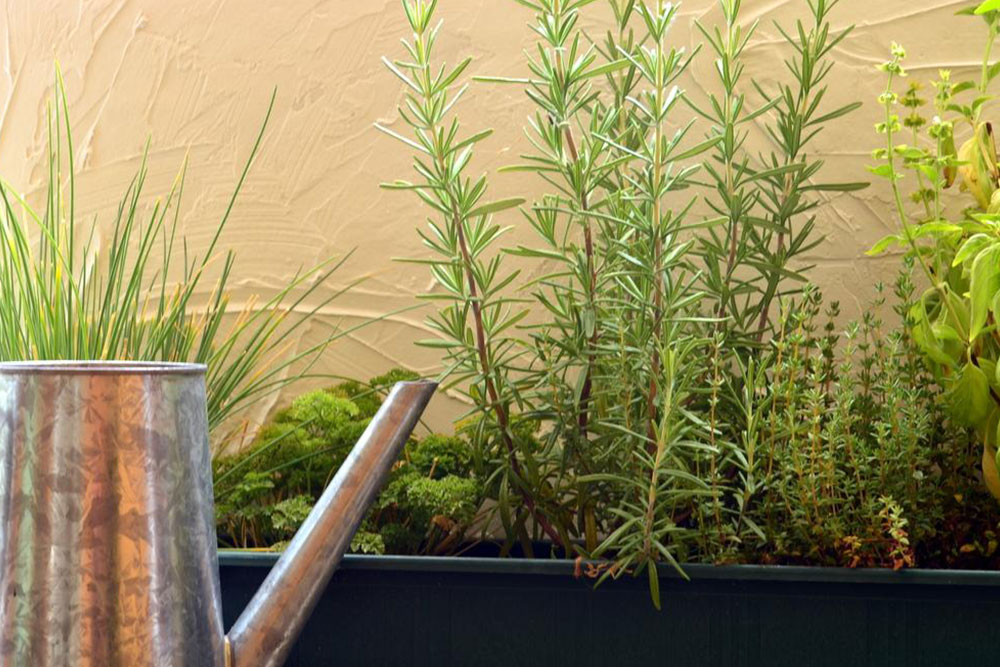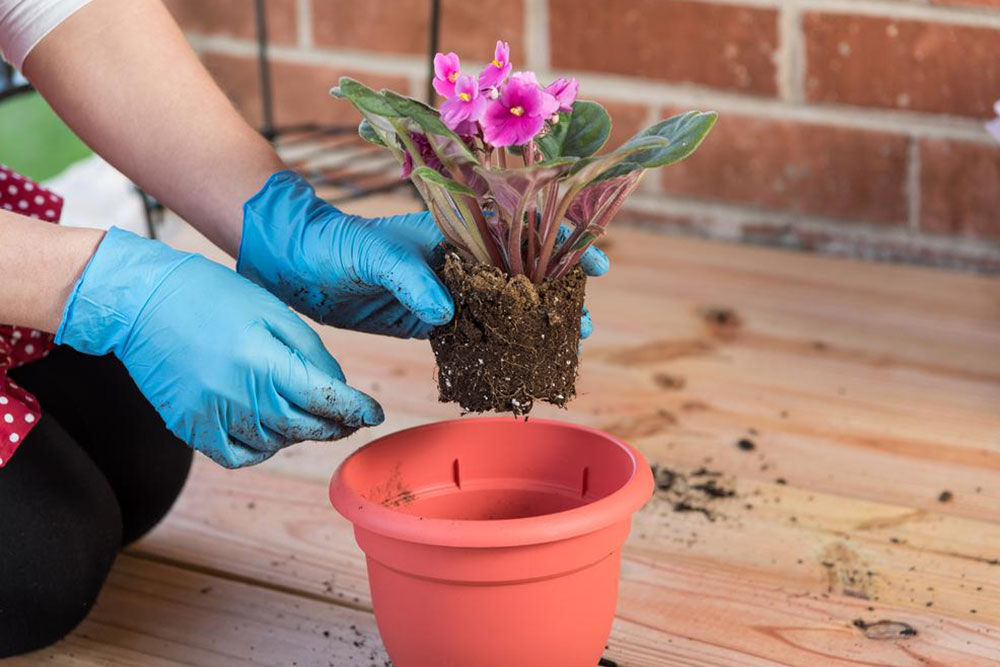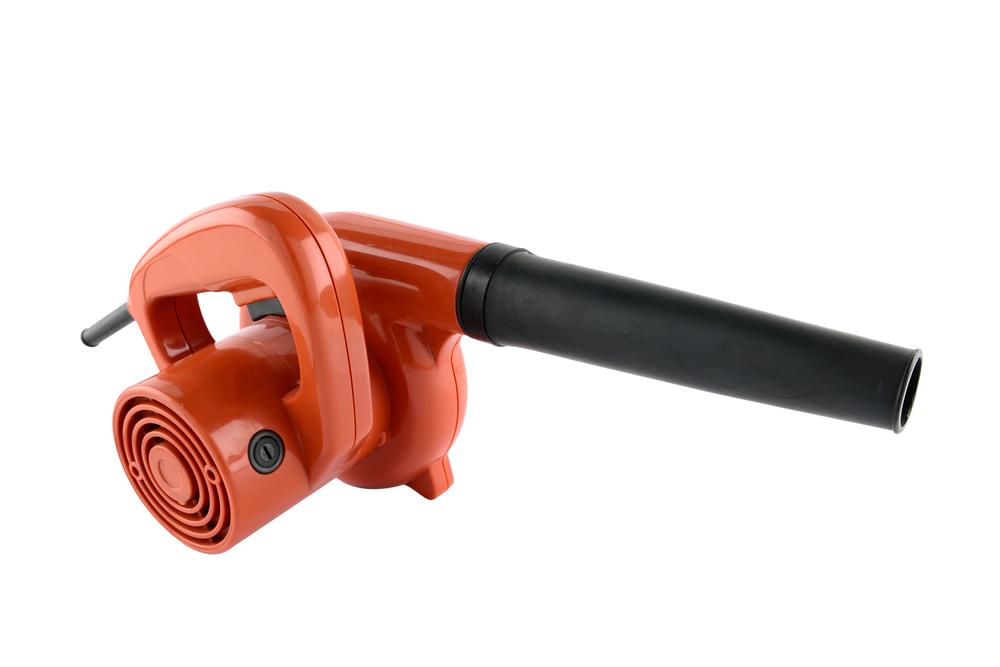Overview of Perennial Garden Plants
This article provides an in-depth overview of perennial plants, highlighting their types, benefits, and maintenance tips. It explains how perennials differ from annuals, their lifespan, and care requirements, making it a helpful guide for gardeners looking to create sustainable and low-maintenance gardens. The piece emphasizes the longevity and ease of caring for perennial plants, encouraging gardeners to incorporate them into their landscapes for lasting beauty.

Overview of Perennial Garden Plants
Perennials are a popular choice for many gardeners because of their longevity. Unlike annuals and biennials, which complete their life cycle in a single or two seasons, perennials persist for multiple years, making them a practical option for low-maintenance gardens.
There are two main categories of perennials: woody plants and herbaceous plants. Woody perennials include trees, shrubs, and vines. Herbaceous varieties are non-woody and die back each fall, but their roots survive winter and re-sprout in spring.
Perennials vs. Annuals
Although many enjoy both types, annuals tend to be more widely selected for variety. Perennials require less frequent care because their roots stay in the soil year-round, reducing the need for replanting. They demand less water and fertilizer compared to annuals and are easier to maintain once established.Gardeners simply wait for their next growing season, as perennial roots remain intact in the soil, regrowing with proper care. While they are low-maintenance, regular attention such as pruning, fertilizing, andweeding is still important.
Perennials Are Not Eternal
Perennials do not live forever; some have shorter lifespans like columbine, hollyhock, and lupines. Many are self-seeding, dropping seeds that sprout new plants. All plants, including perennials, need water, air, sunlight, and nutrients to thrive. Knowledge about specific plant needs allows gardeners to provide optimal care, ensuring healthy, vibrant gardens.Note:
Our blog offers diverse, practical insights across many categories. While our research aims to improve your gardening knowledge, readers should treat the information as supplementary. The site cannot guarantee the accuracy or completeness of all data and does not cover every scheme or promotion related to gardening products.








